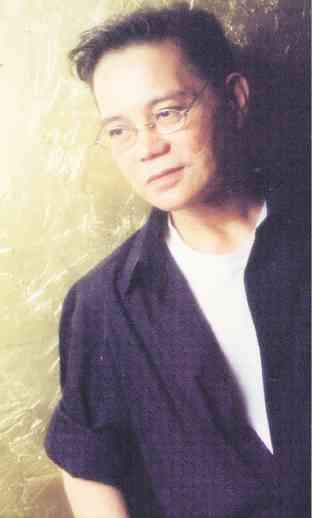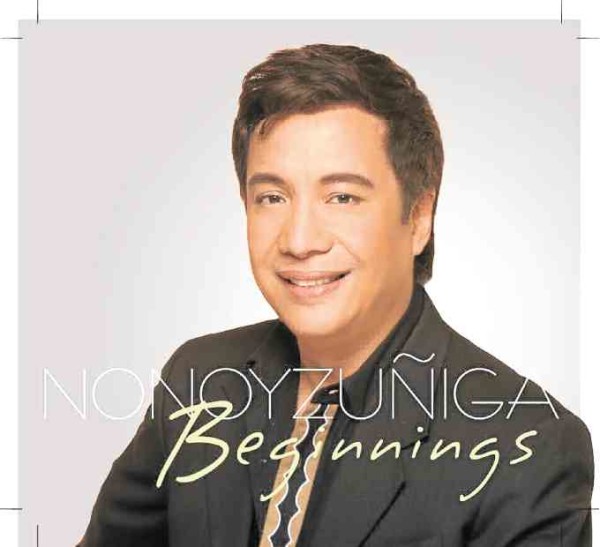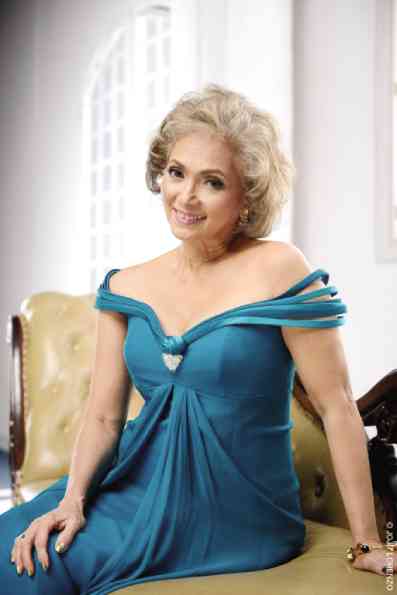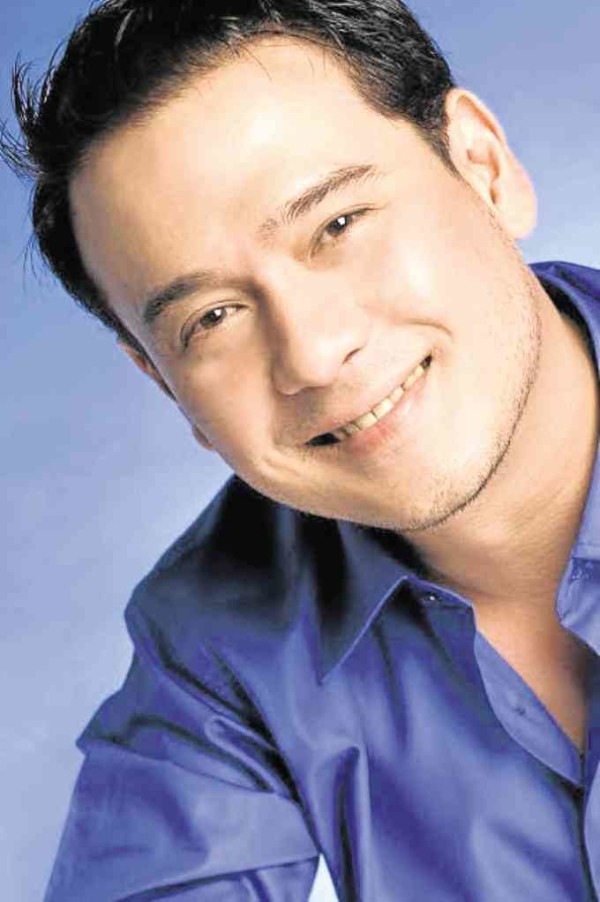Never ever say goodbye, Willy Cruz
He once jokingly quipped that he had already run out of “stars” to write about in his songs.
Willy Cruz, after all, was the composer behind the theme songs of Sharon Cuneta’s “Tala” trilogy: “Pangarap na Bituin” (from the movie “Bukas Luluhod ang mga Tala”), “Bituing Walang Ningning” and “Sana’y Wala Nang Wakas.”
He was also behind such pop classics as “Never Ever Say Goodbye” (Nonoy Zuñiga), “Kahit Na” (Zsa Zsa Padilla), “Mahawi Man ang Ulap” (Dulce), “Let the Pain Remain” (Basil Valdez) and “Araw-Araw, Gabi-Gabi” (Didith Reyes).
Cruz passed away last Monday, after suffering a brain aneurysm last week. He was 70.
The country’s finest singers fondly remember the shy maestro who seemed reluctant to embrace his genius.
Article continues after this advertisementSharon Cuneta. Heartbroken. No words, only tears, gratitude and love. I have lost a part of my history and my heart, but he will continue to live on in his masterpieces. I hope I was able to do them some justice, and that he was proud of me. I love you, Willy. I forever will. “Thank you” will never suffice.
Article continues after this advertisementOgie Alcasid. Willy Cruz was a national treasure, a genius musician who has written so many beautiful love songs.
I only worked with him once, for a Carmen Soriano concert, where I was a guest in the 1990s. Even back then, he left me in awe of his talent.
Dulce. He was my musical director and accompanist at the Asia-Pacific singing competition, held in Hong Kong, in 1988. From the 1980s to the 1990s, I recorded at least four of his movie theme songs. He rarely talked, but made sure to express his appreciation if you did well in interpreting his songs
Last time I saw him was at a reunion of his Ateneo batch two years ago. He kept chatting the whole night. He said he wanted to hold a concert again. He was so happy because he seldom got to see artists from our generation. Until now, I still sing his compositions in my shows.
Nonoy Zuñiga. He was my mentor. He discovered me at the 4th Metropop Music Festival, where I performed as a guest, not as a contestant. He was a songwriter/composer/arranger par excellence.
His songs, both in Filipino and English, were hits. He was a special songwriter. It was easy for him to write lyrics and compose the melody. Just tell him a topic, and he’d expound on it in a short while.
Cherie Gil. I have many wonderful memories of Willy (from the movie, “Bituing Walang Ningning”). He was a gift to all of us.
Celeste Legaspi. My heart is broken. I met Willy when I was doing the play “Showboat” in St. Paul College. I was 17 then. He was with the Ateneo Glee Club, and they made up the chorus, along with the St. Paul Glee Club.
Then, we met again when we joined the showband Ambivalent Crowd—memories of youth and music. I will always be in love with Willy’s beautiful songs. He was one of the Philippines’ most gifted musicians. His songs always captured the Filipino’s passion and romance.
I interpreted “Never Ever Say Goodbye” at the Korean Song Festival in the 1980s—and we won. I also sang it for King Hassan of Morocco in a special concert and the king gave us—Willy and me—a standing ovation!
Mitch Valdes. As a singer, you knew you were in good hands when you sang a Willie Cruz song. As a listener, your heart will surely be touched.
Raymond Lauchengco. Willy’s song, “Sana’y Wala ng Wakas,” will always be one of my most favorite OPM ballads.
He was a musical genius wrapped inside a gentle, almost timid personality.
I caught a very rare glimpse of his character when I photographed him in my studio for his “Got to Believe in Magic” album for Viva Records in 2002.
He took a while to warm up because he didn’t like being in front of the camera, and there were so many people milling about in the small room. So, I asked everyone to leave the studio.
It was just him and me. We talked a bit until he seemed comfortable enough. I shot a few rolls of film, and he was ecstatic upon seeing the Polaroids. He said it was the first time he had “opened himself up” for a shoot.
I also had the unique privilege of recording one of his masterpieces, “Kapag Puso’y Sinugatan,” also for Viva, in 1985.
I was very young then, and he knew I was having difficulty understanding the level of maturity that the song had required. But he remained patient and encouraging all throughout the session.
That’s what struck me most about him: He wasn’t just great at what he did; he was also very kind. He was such a nice man who never flaunted his genius. He actually seemed embarrassed by it.





